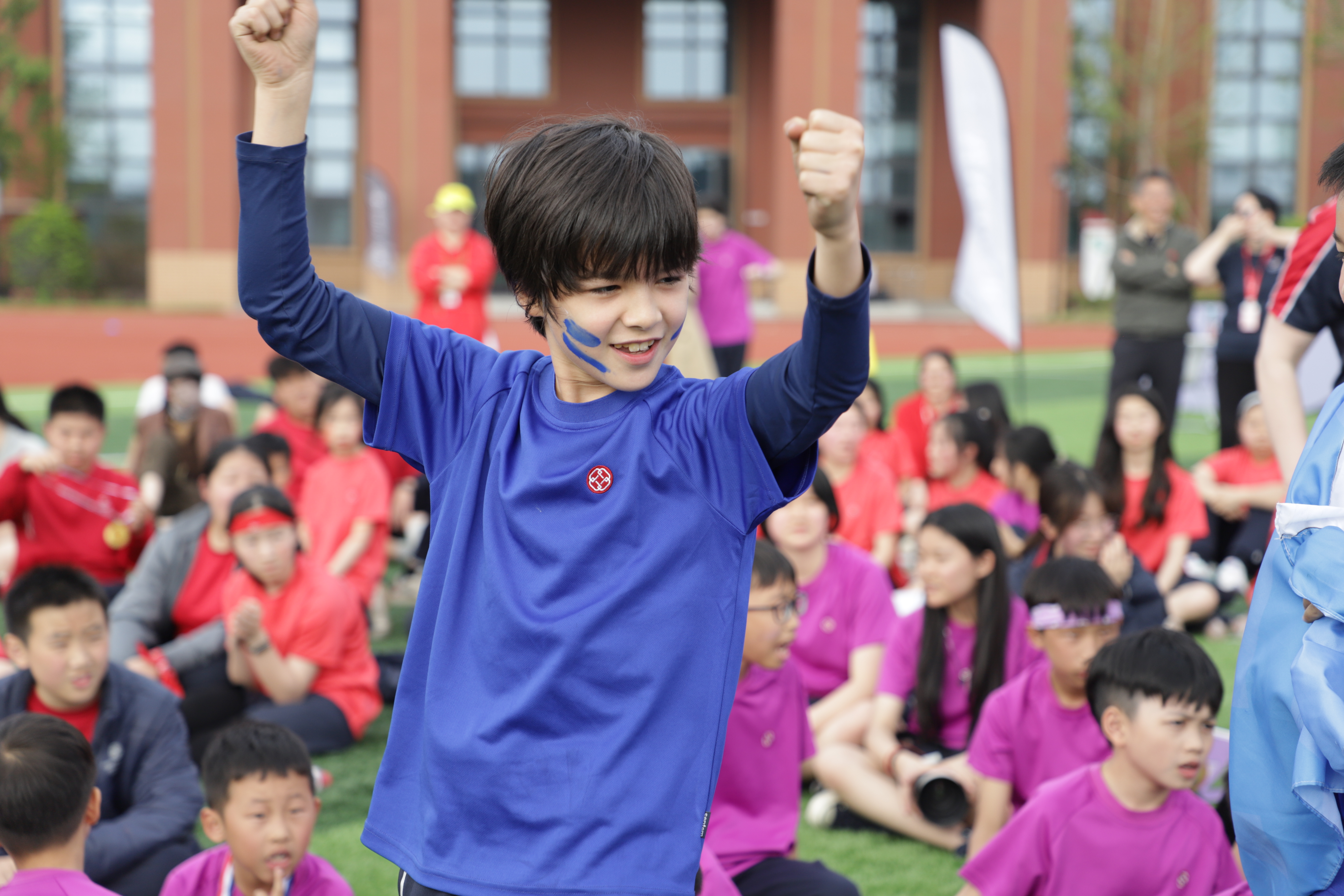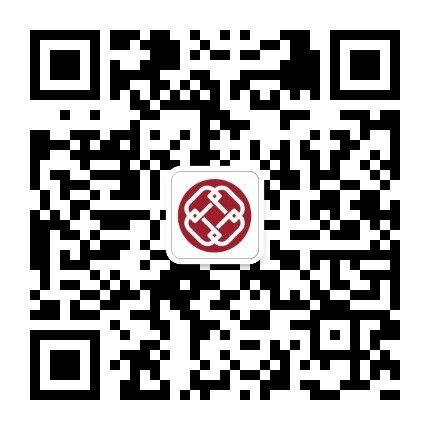If you happen to meet Ms. Angel Tan on the KCS campus, you’ll likely find her surrounded by a group of students at the lab bench, animatedly discussing the outcome of an experiment. Some may be questioning the accuracy of the data, while others ask curious questions that extend far beyond the textbook. In that moment, science class stops being a list of terms—it becomes alive, real, and full of discovery.
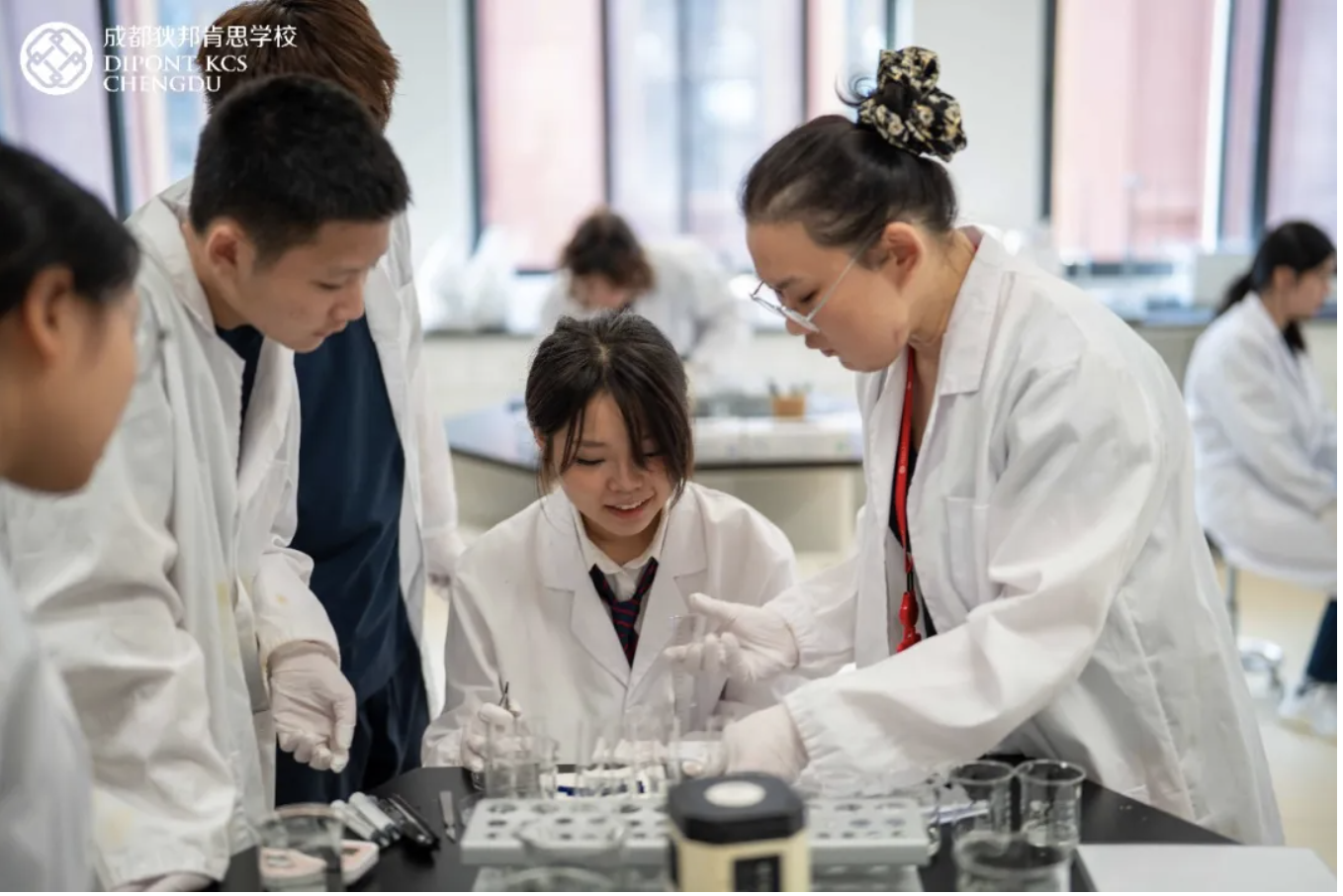
“I don’t want my students to study biology just for the exam,” Ms. Tan says. “What matters to me is that they develop a way of looking at the world.” For her, the true value of education lies not in grades, but in the spark of curiosity she sees in her students’ eyes.
Teaching wasn’t always the obvious path for Ms. Tan. Since her secondary school days, she had explored different directions, searching for where her purpose might lie. Along the way, she realized something profound: if you truly want to change the world, education might be the most powerful place to begin.“It’s hard to change adults,” she reflects. “So we place our hope in the next generation—helping them grow with values like kindness, curiosity, and responsibility. If we do that, maybe the world really can become better.”
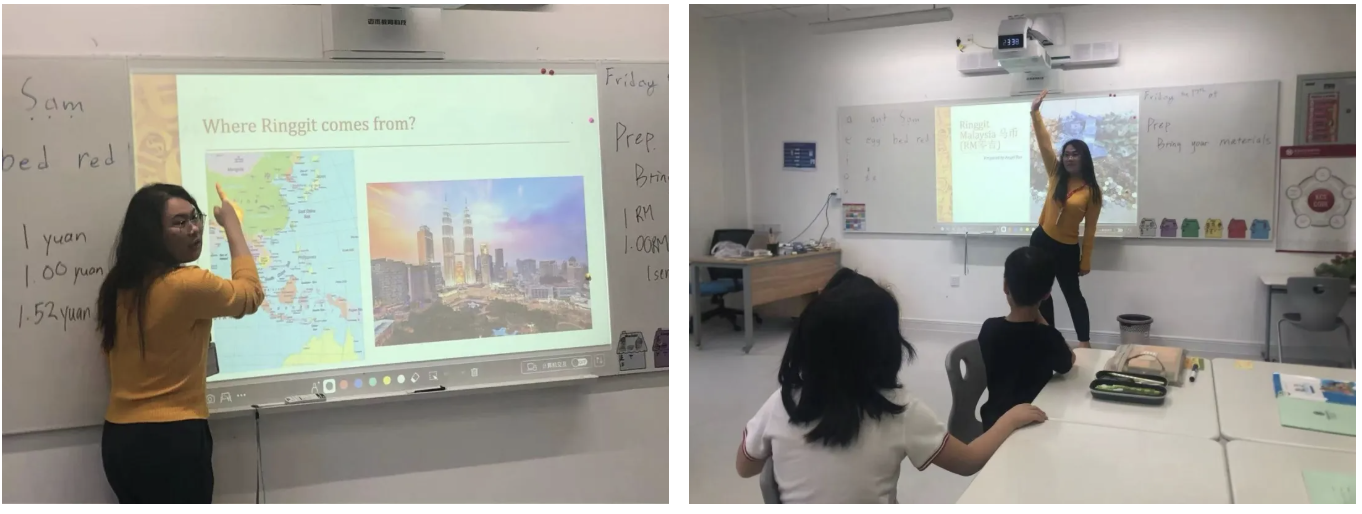
That belief is what led her into teaching. For her, science is never just a subject; it is a way of understanding life itself—our bodies, our food, our health, and the choices that shape how well we live.“I hope my students leave my classroom not only knowing the content,” she says, “but also understanding why healthy and environmentally friendly choices matter, and how science helps us make sense of life itself.”
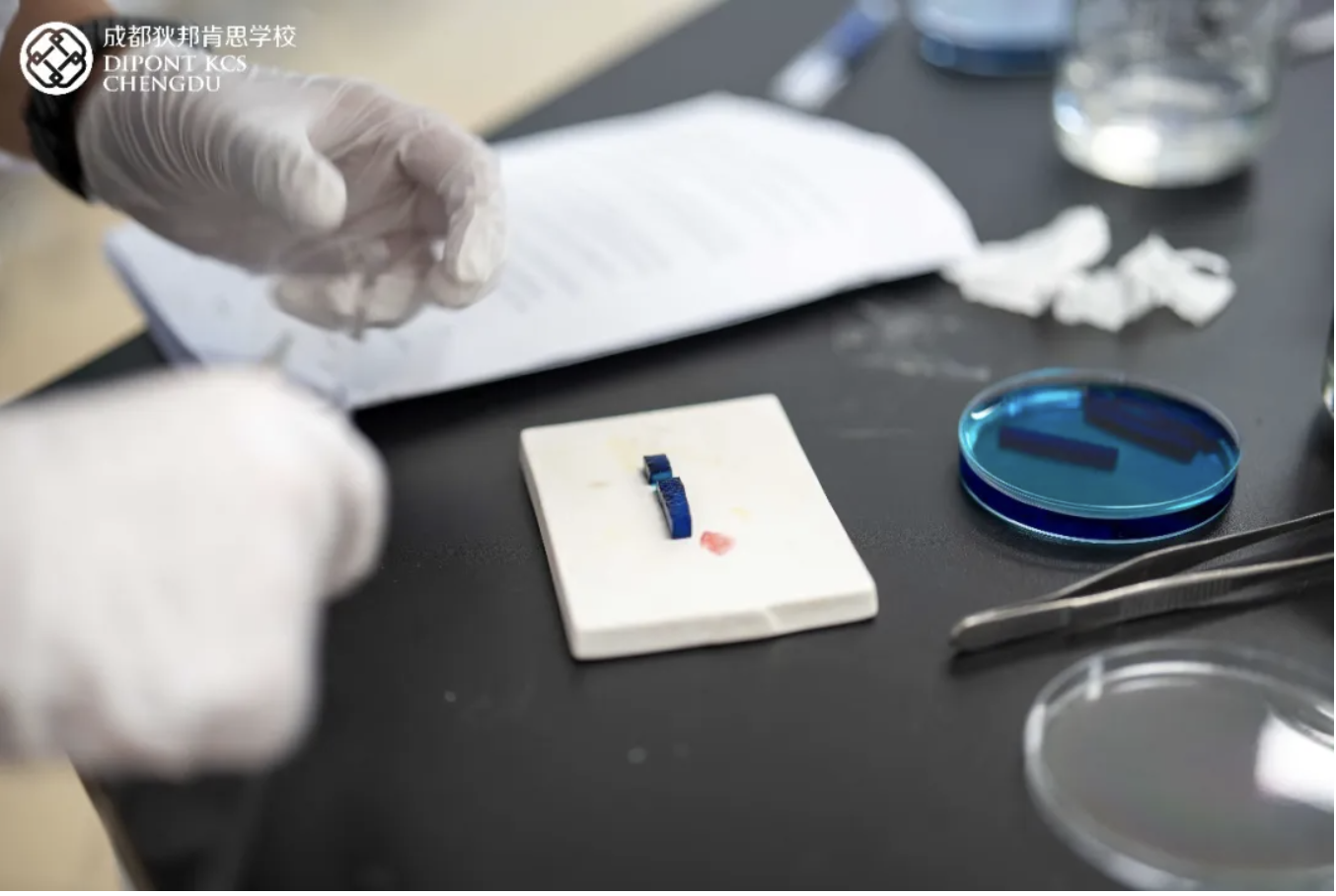
Ms. Tan’s journey to Chengdu was never something she had planned. “I clicked on a job posting almost by accident,” she recalls with a laugh. A friend had encouraged her, saying it would be a chance to see the world. “Knowledge in a book will always belong to someone else—but when you live it, it becomes your own perspective.”
So, she packed her bags, left Malaysia, and set out on an unexpected adventure. Later then, becoming one of KCS’s founding teachers. She still remembers carrying a heavy cupboard by herself to set up her first classroom, back when the campus was little more than bare walls and open spaces.“It was exhausting,” she admits, “but also unforgettable. Not every teacher gets the rare chance to witness a school grow from nothing. To build and grow alongside the students—that is something truly special.”
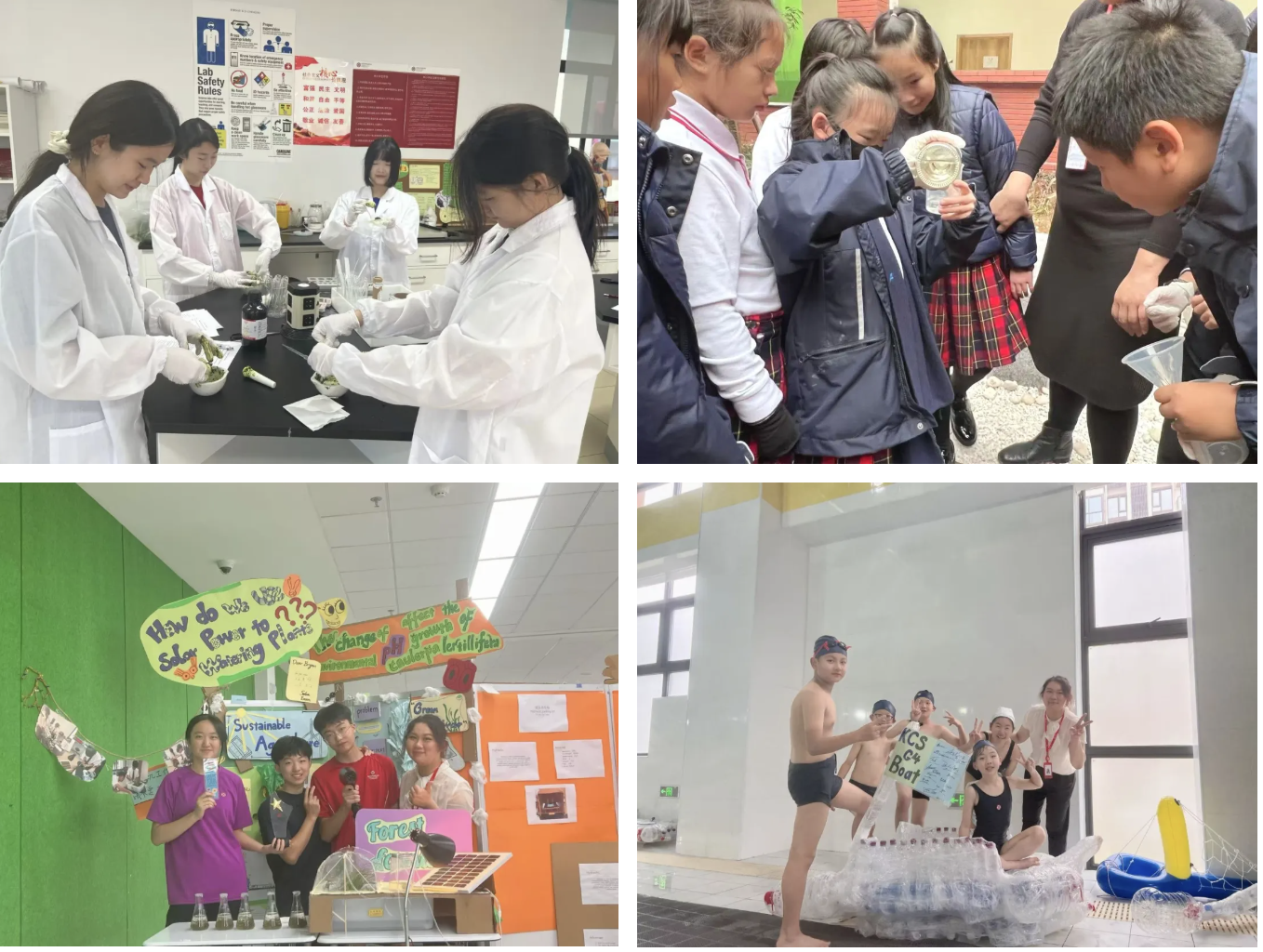
In Ms. Tan’s classroom, laughter often weaves seamlessly with moments of serious reflection. She has a gift for making science feel alive—turning something as ordinary as a daily habit, a workout routine, or even the fizz of a soda into a gateway for discovery.Yet, what her students take away is more than knowledge—it is hope. She remembers one student who was ready to give up, weighed down by both academic and personal struggles. With quiet patience and gentle encouragement, she helped her find her confidence and motivation again.
“Later she told me, ‘Teacher, you probably didn’t realize it, but you changed my life.’” Ms. Tan smiles at the memory. “Moments like that remind me why I teach. Scores are important, yes, but guiding a child to rediscover their own light—that’s what truly keeps me going.”
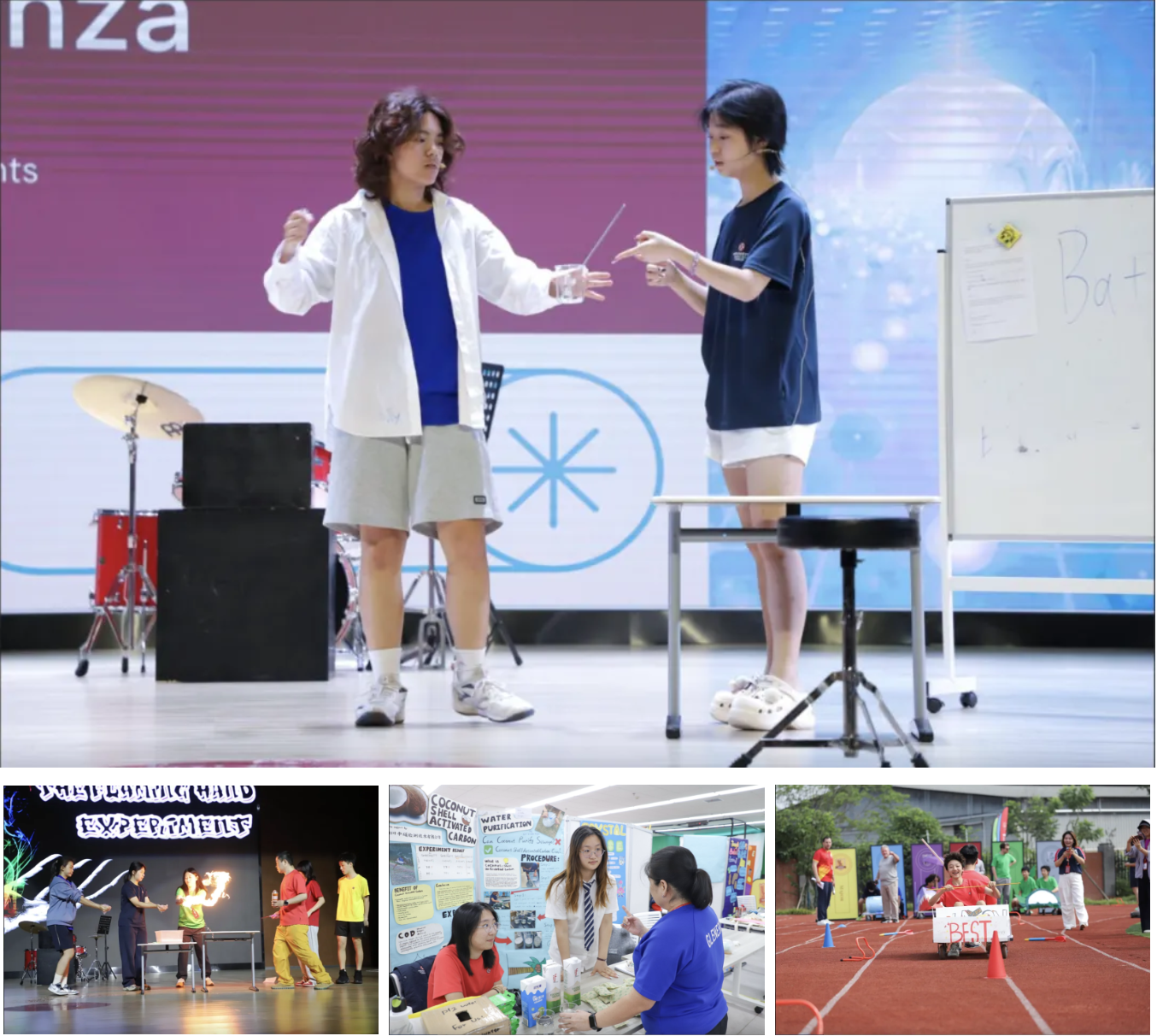
At last year’s Science Fair, one group of students left a lasting impression on Ms. Tan. Instead of stopping at the classroom experiments, they ventured out to a nearby pond, collected water samples, and set out to test the water quality. With curiosity leading the way, they even brainstormed simple, homemade methods to purify the water. The results were far from perfect—their prototype was nowhere near commercial level, and of course, it couldn’t solve water scarcity. But to Ms. Tan, that wasn’t the point. What mattered was the process: students drawing inspiration from everyday life, daring to ask their own questions, and seeking answers through science. “They didn’t walk away with a ‘perfect solution,’” she reflects, “but they did walk away with something more important: the habit of asking, ‘Is my water really clean? How can science make life better?’ And that, to me, is the true meaning of the Science Fair.”
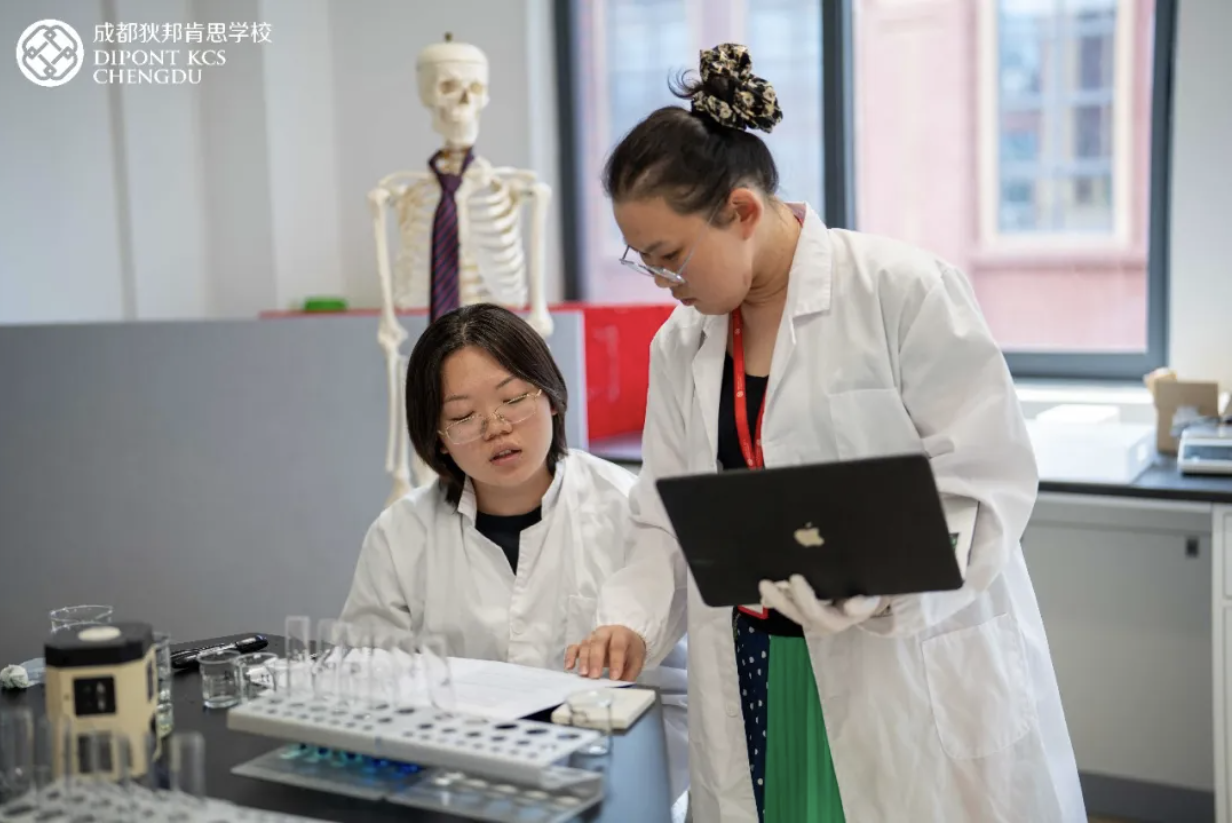
For Ms. Tan, teaching has never been about simply transferring knowledge—it has always been about preparing her students to face the unknown with courage. She often reminds them that science, much like life, is unpredictable. “Experiments don’t always work. You can prepare for days, only to see your data go completely wrong,” she says with a gentle smile. “But that doesn’t mean it was wasted. Failure itself is part of science.”To her, mistakes are never failures but stepping stones, guiding students closer to discovery. She believes the true spirit of science lies not in perfection, but in the willingness to keep asking, keep testing, and keep exploring—even when the outcome is uncertain. If her students leave her class with the simple habit of asking “why” a little more often in their daily lives, she considers that her greatest success.
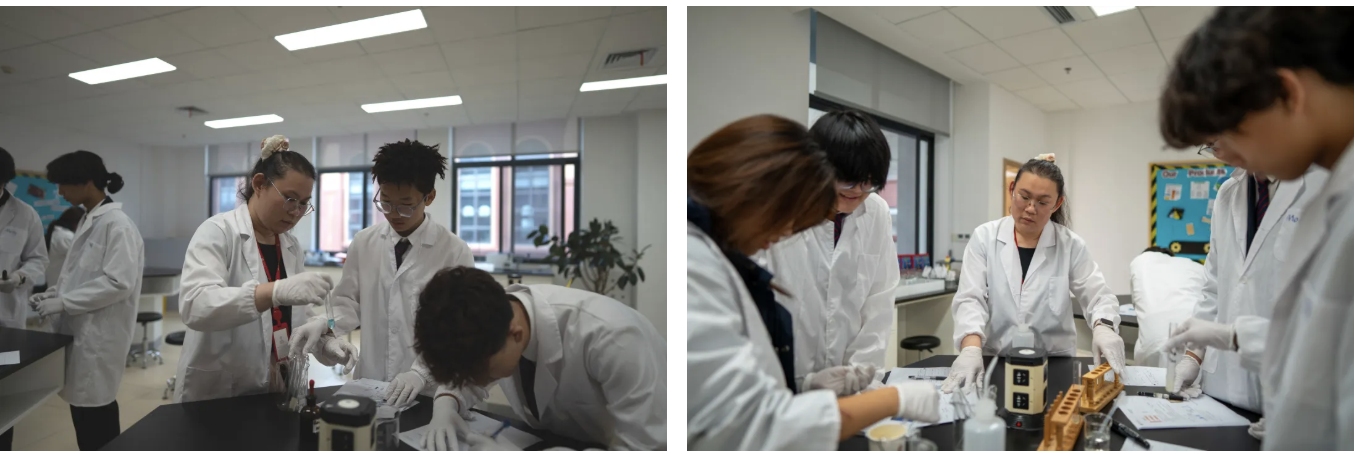
From Malaysia to China, from a young teacher to one of the founding members of KCS, Angel Tan has carried her passion for education unwaveringly.In her classroom, students are not passive listeners, but explorers—small scientists discovering the world for themselves. And maybe that’s why science, in her lessons, is not dry but alive: a journey of surprise, courage, and warmth.“If I can be a beam of light in my students’ lives—if even for a moment they feel hopeful because of something I did—then every hardship has been worth it,” Ms. Tan says.


